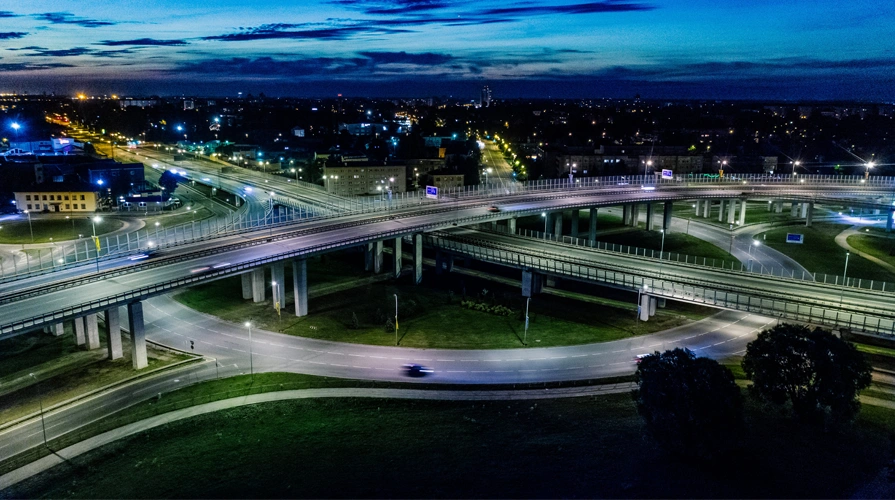
Representational Image | Image Credit : Aleksejs Bergmanis/Pexels
Artificial Intelligence is transforming every city and the environment on Earth. In 2020, Associate Professor Agnieszka Leszczynski from Western University in Canada, in her research journal "Environment and Planning D: Society and Space," stated that AI will reshape relationships in labour, mobility, consumption, and governance. The important sectors of urbanism include energy, mobility, public safety, water and waste management, healthcare, urban planning, and city governance. For city management, it requires data analysis and planning and proper delivery of services to the public based on their interest. AI can analyze citizen surveys on social media platforms. The city of Copenhagen, Denmark uses Corti AI to assist the Emergency Medical Dispatch Center to recognize cardiac arrest from emergency calls. Municipality of Fuengirola, Spain using AI for measuring beach attendance. In Ireland, AI collects public opinions to get an overview of major concerns in the Dublin area. The Netherlands uses AI to discover illegal renting. According to a McKinsey Global Institute research report, AI-powered smart governance solutions can improve quality-of-life metrics in smart cities by 30 percent.
Top Cities Harnessing AI for Public Good and Smart Governance
Here is the list of top countries and cities that are using AI to improve their public concerns.
1. Trelleborg (Sweden):
- Utilizing AI for automated public services.
2. Amsterdam (the Netherlands)
- AI applications for the public good through initiatives like open-data policies and an evolving open AI register, while also developing innovative tools such as a digital twin for informed decision-making and predicting future traffic flows.
3. Pilsen (Czech Republic) :
- This city is using AI in different areas like mobility, living, environment, economy, and eGovernment.
4. Rennes (France)
- AI is used to visualize the entire city in 3D and to study various phenomena and policy options.
5. Santander (Spain)
- The city utilizes AI for energy efficiency and waste management.
Use Cases and Impacts: From Tax Fraud Detection to Sustainable Traffic Solutions
Use Cases of AI for Smart Cities
- Tax Fraud Detection.
- Waste Management.
- Health and Social Security.
- Detect Cyber attacks & prevent hacking in smart cities.
- Traffic and Smart parking systems.
- Public Transport Services.
- Autonomous vehicles.
- Energy-efficient building management.
- Design Smart buildings.
- Traffic shaping.
- Live customer care.
- Campaign & service plan creation.
- Subscriber profiling.
Balancing Benefits and Risks: Navigating the Future of AI-Driven Smart Cities
Benefits of AI in Smart Cities
- New Services.
- Business Opportunities.
- Improved Governance.
- Improved Environmental Sustainability.
Risks of AI in Smart Cities
- Technological Failure.
- Ethical Dilemmas.
- Negative Economic Consequences.
- Social/Territorial Discrimination.
- Open-source software risks.
- Risk of performance instability.
- Risk of poor explainability.
- Privacy risks.
- Job displacement.
- Overreliance on technology.
- Lack of public trust.
Conclusion
Cities worldwide using AI have great potential for improvement but face risks like technology issues, ethics, and inequality. It's important to balance innovation responsibly for smart city futures with better services and sustainability.
Artificial intelligence (AI) is transforming cities through smarter transportation, enhanced public safety, improved resource management, personalized citizen services, community development, and many other innovative ways.





